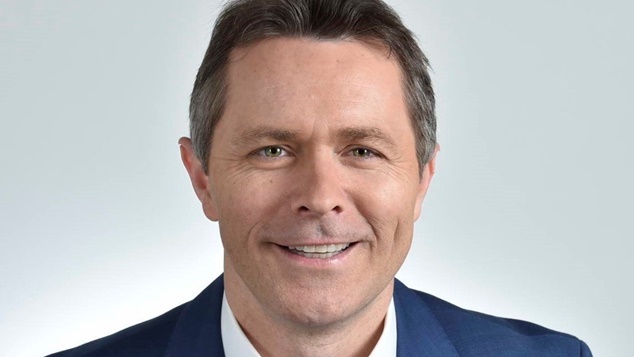
New Education Minister Jason Clare has confirmed that the Albanese Government will remove the requirement for staff funded through the National Schools Chaplaincy program to be associated with a religious body.
Jason Clare confirmed the move to The Canberra Times Chief Political Reporter, Karen Barlow.
“I want to open up the program and give schools a choice,” Clare said. “I want schools to be able to have a choice whether they employ a chaplain or a professionally qualified student welfare officer.
“I’ll work with the state and territory education ministers on these changes over the next few months so that it’s ready to go for when school starts next year.”
When the program was first set up under the Howard government it was focused on placing religious based chaplains in schools. Under the Rudd and Gillard Labor governments the funding program was extended to included non-religious youth counsellors. However when the Coalition was returned to power they once again restricted the funding to religious based staff only.
The program supplies around $20,000 funding to over 30,000 individual schools around Australia. While the Chaplains are banned from proselytising, and are required to undergo training in online bullying and must be certified youth workers, there is no requirement for them to qualified as counsellors.
Meredith Doig from the Rationalist Society of Australia was one of many campaigners calling for the program to be changed. Dr Doig had recently written to the Minister calling for change.
Dr Doig told Minister Clare that the inherent religious-based discrimination must be removed to allow all qualified and experienced welfare and pastoral care workers to apply for roles funded under the program, irrespective of their faith or non-faith beliefs.
The current model requires that people employed as chaplains may be of “any faith” and be recognised through formal ordination, commissioning, recognised religious qualifications or endorsement by a recognised or accepted religious institution.
Dr Doig highlights that as a result, qualified and experienced welfare, wellbeing, pastoral care or youth workers are ineligible to apply if they are not religious.
“This kind of religious discrimination is wrong and inconsistent with the multicultural and multi-faith make up of the Australian community,” Dr Doig said.
“Children in Australia’s public school system deserve and need access to the best available wellbeing support. Narrowing the market to the religiously-affiliated not only offends the (supposedly) secular nature of Australia’s public school system but diminishes the potential quality of the care to be provided.”
OIP Staff
You can support our work by subscribing to our Patreon
or contributing to our GoFundMe campaign.






